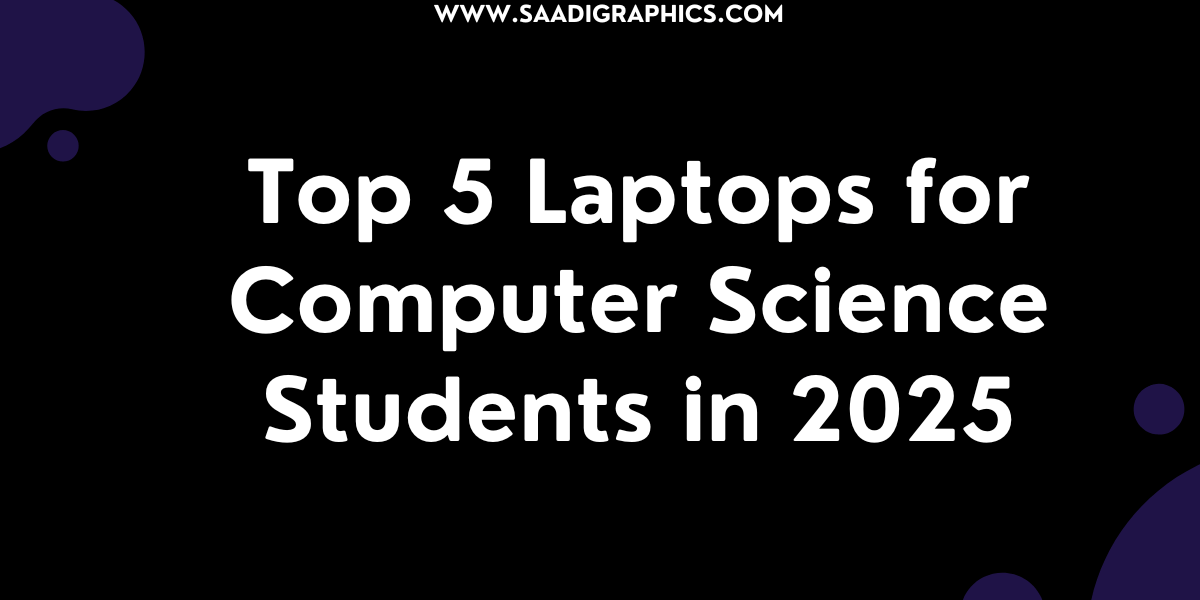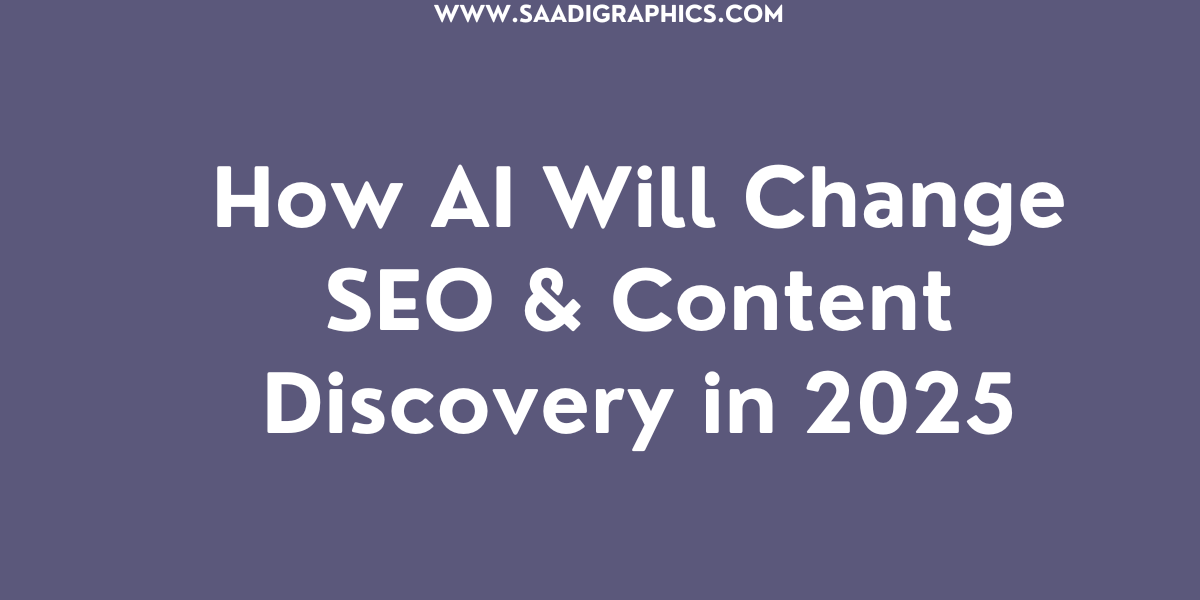In 2025, the internet is no longer a destination to search—it’s a destination that knows you. With the advent of Smart Browsers, the way we engage with the web is changing at a pace higher than ever before. These AI-based tools are not only revolutionizing the way we browse but turning every click, search, and suggestion into a tailored experience. The internet no longer has the sensation of a library of infinite links; it has the sensation of an intelligent assistant that is aware of your routine, tastes, and even your next action.

The Evolution of Browsing
For many years, browsers were mere gateways—utilities that took us to the wide world of the internet. Chrome, Firefox, or Safari—either way, their role was consistent: type, search, and click. That model, though, is rapidly being eclipsed. The Smart Browsers of today are not only responsive, but predictive. They employ artificial intelligence to learn from user behavior, adjust according to individual passions, and offer experiences that feel bespoke.
Consider a browser that automatically tailors the news stories you are interested in, eliminates untargeted ads, and suggests content related to your profession or hobby. That’s not science fiction—it’s the reality created by Smart Browsers today.
How AI Makes Browsers Smarter
Artificial intelligence is the mind behind today’s browsing. These platforms monitor the way you interact with websites, the type of content you consume, how long you remain on specific pages, and even the hours of the day you’re most active. As time passes, Smart Browsers create a digital profile that mirrors your habits and requirements.
This personalization occurs through various AI-activated features:
Contextual Intelligence: Intelligent browsers know what you are searching for, not simply matching keywords. If you type in “best restaurants,” it automatically learns your city and cuisine preferences.
Predictive Search: The browser can even provide you with results that suit your previous behavior before you finish typing.
Adaptive Interface: The browser design changes depending on your workflow. As a developer, it might feature code-related tools; as a marketer, analytics dashboards might be recommended.
Privacy-Aware Learning: New Smart Browsers balance personalization and security by local processing of most data, keeping sensitive data private while learning from user habits.
These capabilities combine to make a browsing experience less mechanical and more intuitive—nearly as if you have an assistant familiar with how you think.
Personalization: The Heart of the Experience
At the core of Smart Browsers is personalization. No more about serving up generic content or an ocean of tabs. It’s about knowing you, the user, and having the internet react accordingly.
When you launch your browser, you may find sites that are most important to you already loaded, your reading list refreshed, and new suggestions that count. For companies, this translates into more relevant interaction. For users, it translates into less searching and more exploring.
Personalization through AI also assists with content discovery. Rather than being overwhelmed by useless results, you are shown what actually resonates with your interests. It is for this reason that Smart Browsers are quickly becoming the next generation of web browsing—they transform browsing from a chore to an experience.

The Balance Between Convenience and Privacy
Of course, with a lot of personalization comes great risk. Numerous users worry that AI systems harvest too much personal information. Nevertheless, the next generation of Smart Browsers is combating those fears with privacy-first design.
Most high-end browsers today use edge AI—a technology that operates user data locally on your device rather than sending it to the cloud. This way, as the browser learns from your behavior, your personal information is secure.
In addition, privacy dashboards in today’s Smart Browsers enable users to decide what data to store and what not. Transparency and choice are now as important as personalization.
Why Smart Browsers Are Game-Changers for Businesses
Companies are also benefiting from this AI revolution. For developers and marketers, Smart Browsers offer novel means of engaging with users in a better manner. Instead of targeting wide audiences, businesses can now customize experiences at the level of the browser.
For example, an online shopping site may incorporate a smart browsing platform to display to shoppers personalized product suggestions or time-limited deals. Media firms can serve up articles and videos tied to patterns of engagement. Even SaaS applications are building browser dashboards that adjust to user behavior on their own.
The outcome? Greater engagement, improved retention, and wiser insights into the way customers behave online.
The Future: Browsers That Anticipate
The next generation of Smart Browsers is more than personalization—it’s anticipation. Soon, your browser won’t simply know what you need; it’ll do it before you even request it.
Imagine firing up your browser on Monday morning and having your project management dashboard, unread mail, and calendar organized automatically. Or organizing a trip and having flight ideas, hotel suggestions, and local guides become available in an instant. This proactive function is what characterizes the future of Smart Browsers—making them go from being passive instruments to become active digital companions.
How Users Can Benefit Right Now
You don’t need to wait until the future to realize the advantages of Smart Browsers. Browsers like Arc, Opera AI, and Brave already have intelligent features in place. Users get to benefit from:
Recommendations for personalized content
Voice-controlled browsing
Summaries of web pages from AI
Built-in productivity features
Improved security and privacy options
By embracing these technologies early on, users can optimize their workflows, stay up to speed conveniently, and have a browsing experience that feels specially crafted for them.

Final Thoughts
The era of Smart Browsers represents a sea change in how we engage with the web. No longer content to display static interfaces, browsers have become wise companions that learn, adapt, and anticipate. The merging of AI and personalization has rendered the internet more human-like than ever.
Though privacy will never truly be a concern, the new generation of AI-powered browsers is showing us that convenience and security aren’t mutually exclusive. And as these technologies continue to evolve, Smart Browsers will reshape not just the way we search, but the way we work and live online.
The web’s future isn’t about having more information—it’s about being smarter about how we interact with it. And with Smart Browsers, that future is already here.



